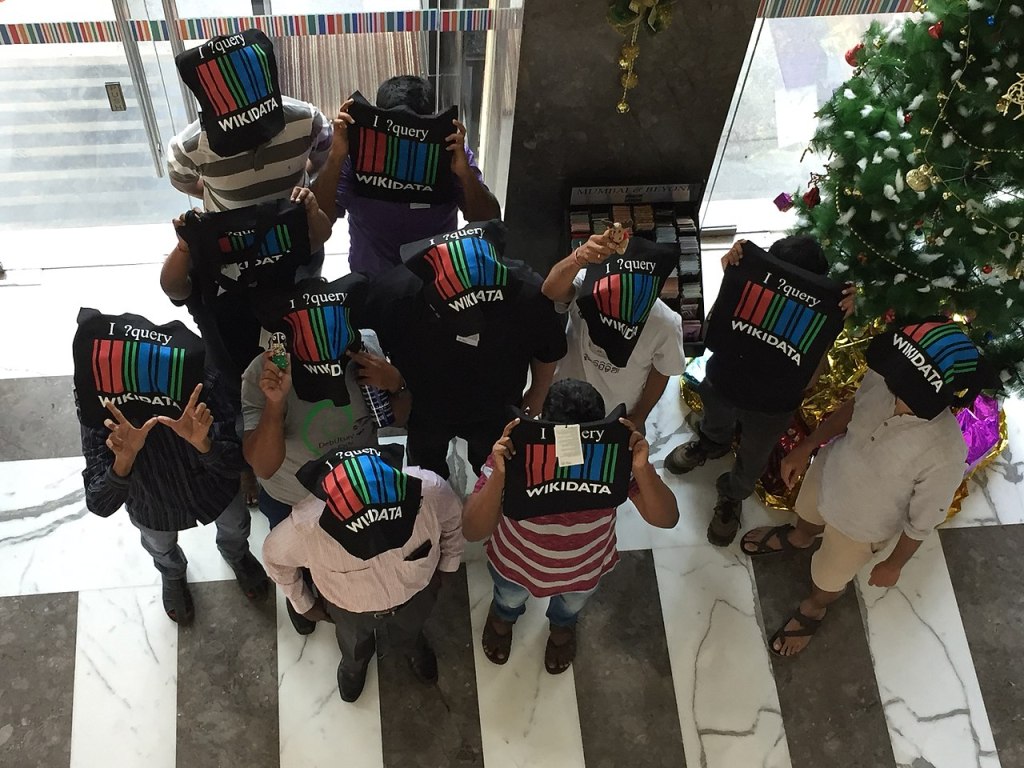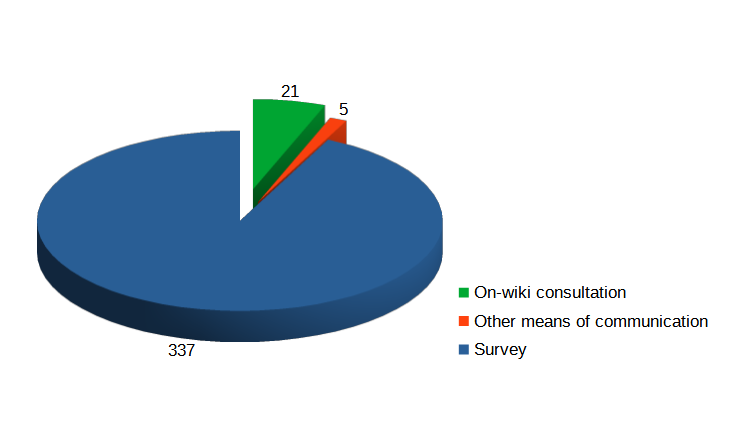As part of the ongoing Universal Code of Conduct (UCoC) enforcement conversations, the Wikimedia Foundation reached out to a number of communities to hear their thoughts on potential enforcement mechanisms for the global policy. As a part of the team, I had the chance to interact closely with the Wikidata community and collect their thoughts on UCoC enforcement.
Wikidata is a wonderful project, with an outstanding capacity for making impact. It is a freely-editable database that tries to collect all the data about all of the subjects, objects, or concepts we know or can think of. Its community is composed of people from many different Wikimedia communities, with a predilection for people who know their way around data, or templates and Lua modules, or both.
The survey that was conducted during the facilitation process showed how many of the people who edit Wikidata are long-serving members of the Wikimedia community. This also explains why Wikidata has so few rules. They are the basic principles of our home communities: we already know them, and we abide by them. Besides, Wikidata’s focus is, well, collecting data – so if there is a problem, it is mainly about how to set up a sturdy ontology, a “structure” for describing what we need to describe.
This means that Wikidata turned into the perfect environment for many users who started their Wikimedia adventure elsewhere. And yes, this does include also the author of this blogpost, who elected Wikidata as his new home project, as many others did.

This also means that discussions about the community itself were few and, mostly, confined to the early days of the community. Wikidatans still prefer to talk about limited, concrete stuff – if they want to talk at all. (Have I already mentioned the “perfect environment” thing?)
So, when your task is to collect feedback on how the Universal Code of Conduct might apply in such a community, presenting its members with a variety of potential scenarios of (sometimes exaggerated, sometimes not) misbehaviours… well, I think you already got the point: it wasn’t easy at all. In fact, it was hard.
Wikidatans can hardly be faulted, though. The issues of misbehaviour and harassment are delicate and complicated. Moreover, “old” users (as in the case of the author) unfortunately know that every situation should be considered with attention, since no case is like the others. Sometimes, the solution is at hand. Sometimes, it takes effort to reach a consensus. Once in a while, the solution found through a complicated process of consensus is not enough for some of the parties.
On the other hand, 21 users intervened during the facilitation process – far distant from the result I expected quantitatively, I must admit, even though a lot of data, er, “food for thought” came out of it. To me, however, what felt as an outstanding result was seeing so many people answering the survey (basically 9 out of 10 of all the people who took part in the consultation).

Since the survey was made to be completely anonymous, when I had to read and describe the collected data, I was left with more questions than answers. Let me explain it with a simple example. The results of the facilitation process showed that Wikidata’s barebone set of rules works fairly ok, but the current reporting system can be improved. And the first aspect to improve was, well, telling people who are not experts with Wikidata that such a system exists!
To me, this was eye-opening: I took part in Wikidata since its beta-testing period, I was elected administrator in the very first wave of elections back in 2012, but I would have never thought that somebody would find it difficult to report problematic behaviour. I spent so much time on this project that I forgot what it feels like to be a newbie on Wikidata.
This left me badly wanting to know more about the criticalities and the problems people encountered. How many reports did we miss? How many users did we not help? How can we fix this efficiently? But more importantly: is there a way to make it more “comfortable” to intervene publicly for people who usually do not take part in public discussions?
This isn’t the usual, rhetorical question. What this process made clear is that I might know how this mechanism works, but I am not the correct person to ask how to fix it. But I can definitely be one of those users that can help find a solution. Would you join me?

Can you help us translate this article?
In order for this article to reach as many people as possible we would like your help. Can you translate this article to get the message out?
Start translation